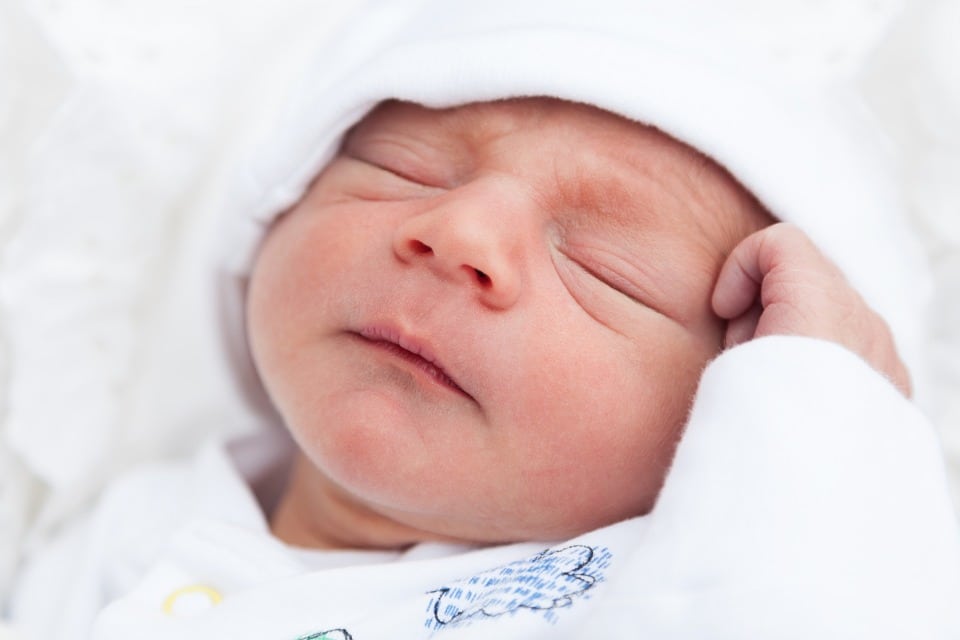 Childhood sleep habits can be varied. You might have a kid that loves to sleep or a kid that cries at the thought of sleep. Regardless, childhood sleep is imperative for a healthy, growing kid. As we know, sleep is important for learning, memory, emotional development, and overall health. The AAP reports that not getting enough sleep can be associated with other injuries, obesity, depression, and hypertension.
Childhood sleep habits can be varied. You might have a kid that loves to sleep or a kid that cries at the thought of sleep. Regardless, childhood sleep is imperative for a healthy, growing kid. As we know, sleep is important for learning, memory, emotional development, and overall health. The AAP reports that not getting enough sleep can be associated with other injuries, obesity, depression, and hypertension.
Childhood Sleep Circadian vs. Ultradian Cycles
Our bodies have cycles of action followed by inaction. In order to be active, we also need to be rested. Circadian rhythms are 24-hour patterns that we typically follow. In a 24-hour period, we spend some amount of time awake, and a shorter amount of time asleep. We repeat this cycle so that we can wake up and do what we need to in a day.
Babies live on a shorter cycle, known as Ultradian rhythm. This cycle is simply shorter in time. A baby can be active for about 90 minutes, and then they need to rest. After 90 minutes, babies lose focus and energy, requiring rest before repeating the cycle. As your baby ages, these increments will increase as they can focus for longer periods of time. In the first few months, try to let your baby take naps every 90 minutes or so. Your baby may not be able to just go to sleep on their own. You might help them to feel sleepy.
Soothing Techniques to Get Babies to Sleep
- Swaddle (Not too tight!)
- Cradle baby
- Rocking
- Swinging baby in your arms
- Walking with the baby in your arms or sling
- Singing, hushing, repetitive whispered speech
- Driving in a car
- Walking baby in a stroller
- Placing baby in a swing
- Nursing/Feeding (up to 3 months old)
- White noise, fan, static
While some babies won’t understand these cues at first, they start to associate a certain action with sleep. In order to teach them these cues, be sure to stay consistent. Don’t wake a sleeping baby unless specified by your healthcare practitioner.
| AGE | NIGHT SLEEP | DAY SLEEP |
| 0-2 weeks | Total of 16-20 hours of sleep in various durations | |
| 2 weeks – 6 months | 11-12 hours | 3-4 hours during the day (in3-4 naps) |
| 6-9 months | 11-12 hours | 2-3 hours during the day (in 2-3 naps) |
| 9-18 months | 11-12 hours | 2-3 hours during the day (in 1-2 naps) |
| 18 months – 3 years | 10-12 hours | 1-2 hours during the day (in one nap) |
| 3-4 years | 10-11 hours | Sometimes 1 nap (some may stop napping around this age) |
| 5 years+ | 9-10 hours | No nap |
Childhood Sleep & Development
Some milestones that your baby will reach might impede sleep. For example, some babies have affected sleep when they are teething.
Sleeping Location
Parents have a varied number of ways they prefer to sleep. Whatever way you choose to arrange your child’s sleep location, stay consistent. When they are first born, it’s important that they sleep in the same room as you. Be sure they don’t have any blankets or pillows. The surface of their newborn bed should be firm, and they should sleep on their back. Be sure there aren’t any bright toys or mobiles in the sleeping area. This will distract them.
Nap Time
Naps that last longer than three hours usually mean that your baby is confused about day and night. We recommend having a ritual before nap that is different than their nighttime ritual. Don’t skip naps with the idea that they’ll sleep longer at night. This does not work.
Pacifier
Pacifiers can be soothing for babies that don’t co-sleep. The sucking motion can be calming for babies. As your baby ages, pacifiers might impede sleep and damage your baby’s palate. Pacifiers are great, but you may want to remove or wean your baby off of the pacifier after about three months.
Devices
Children using varied devices have less success with sleeping. Watching TV or using a smartphone or tablet before bed can impede your child’s ability to sleep. Try to establish a routine where all devices are shut off 30 minutes before it’s time to sleep.
AAP Childhood Sleep Guidelines:
- 4-12 months should sleep 12 to 16 hours per 24 hours (including naps) on a regular basis to promote optimal health.
- 1-2 years should sleep 11 to 14 hours per 24 hours (including naps) on a regular basis to promote optimal health.
- 3-5 years should sleep 10 to 13 hours per 24 hours (including naps) on a regular basis to promote optimal health.
- 6-12 years should sleep 9 to 12 hours per 24 hours on a regular basis to promote optimal health.
- 13-18 years should sleep 8 to 10 hours per 24 hours on a regular basis to promote optimal health.
Pregnant mothers should also be getting sufficient sleep. Check out Tuck’s informational page on the best mattresses for pregnant women. For questions or comments, respond to this post or contact us. Share your personal tips that help get your kid to sleep.




